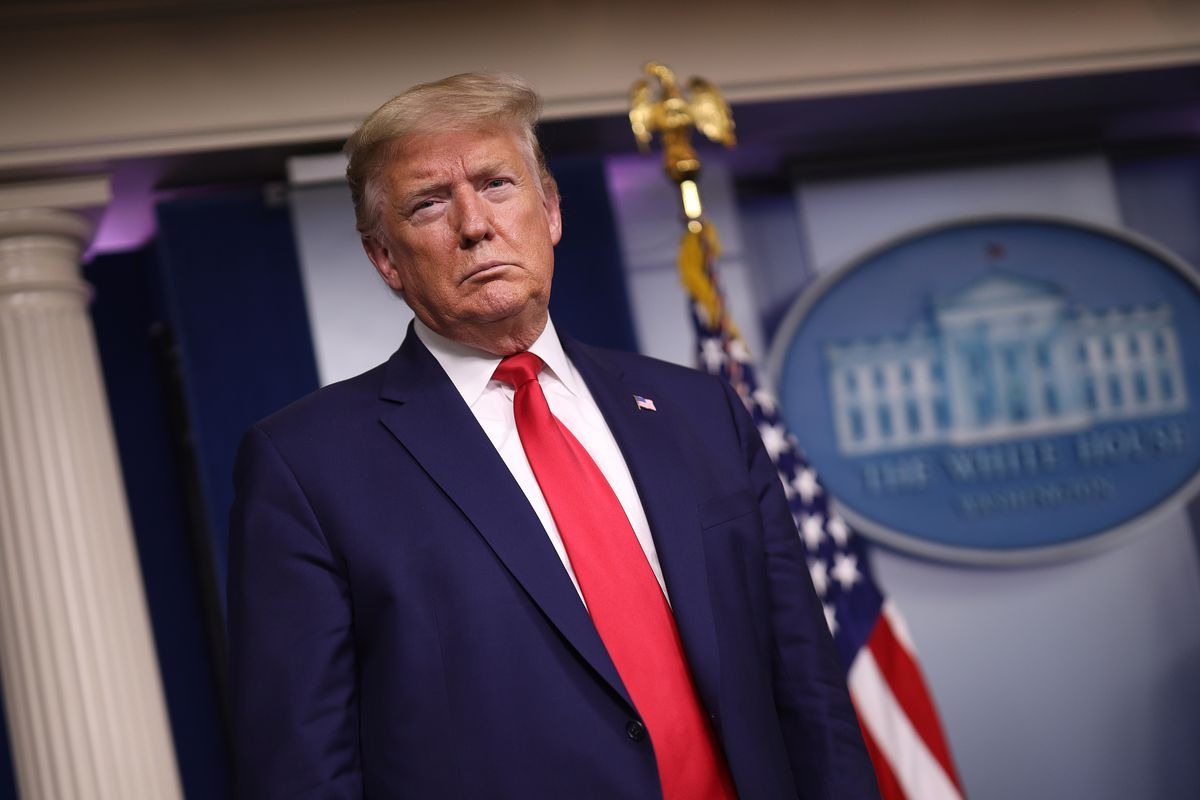Former President Donald Trump’s recent comments about TikTok and Facebook highlight his concerns about national security, privacy, and the role of social media in American society.
Trump acknowledged TikTok as a potential national security threat due to its Chinese ownership, echoing previous statements. He emphasized the importance of protecting Americans’ privacy and data rights, a sentiment shared by many policymakers and experts.
Donald Trump (Credits: SBS)
However, Trump’s stance on TikTok is juxtaposed with his criticism of Facebook, which he labeled as an “enemy of the people.” He argued that banning TikTok could inadvertently benefit Facebook, as users might flock to the social media giant in its absence.
Trump’s characterization of Facebook as an enemy of the people reflects broader concerns about the company’s impact on society, including issues related to privacy, misinformation, and its role in political discourse.
The former president’s comments underscore the complex relationship between national security, privacy, and competition in the tech industry.
TikTok has faced scrutiny over its data practices and ties to the Chinese government, leading to concerns about the security of user information.
Donald Trump (Credits: Teen Vogue)
In contrast, Facebook has been criticized for its handling of user data and role in spreading misinformation, raising questions about its impact on democracy and public discourse.
Trump’s remarks also highlight the challenges of regulating social media platforms. While there is consensus on the need to protect privacy and national security, there are differing views on achieving these goals. Some argue for stricter regulations and oversight, while others emphasize the importance of competition and consumer choice.
The debate over TikTok and Facebook is part of a larger conversation about the role of technology in society and the need for comprehensive policies to address emerging challenges.
As technology evolves, policymakers must balance concerns about privacy and security with the benefits of innovation and economic growth.
In conclusion, Trump’s comments on TikTok and Facebook reflect broader debates about national security, privacy, and the regulation of social media.
While there are legitimate concerns about the security of user data and the influence of tech giants, finding the right balance between regulation and innovation remains a complex challenge.
